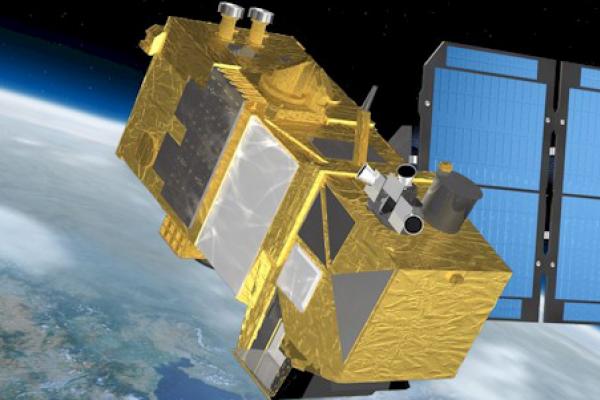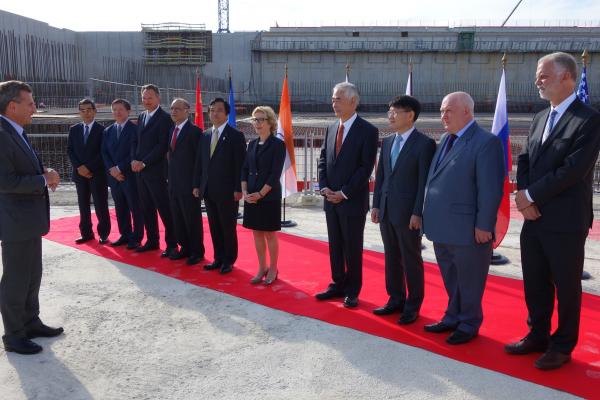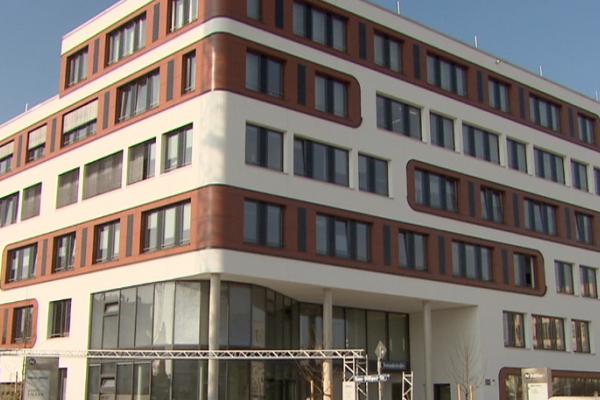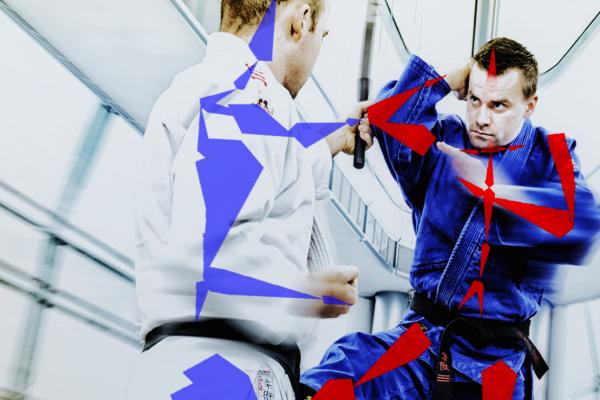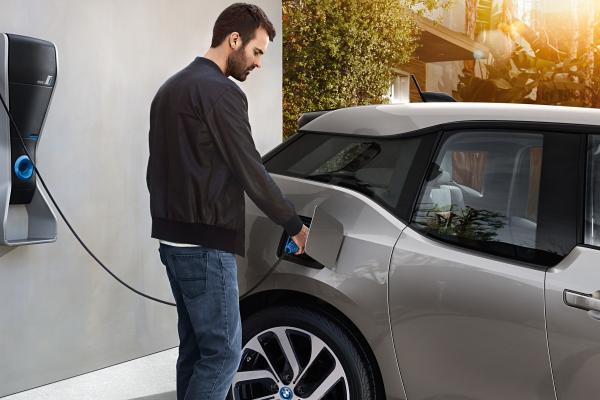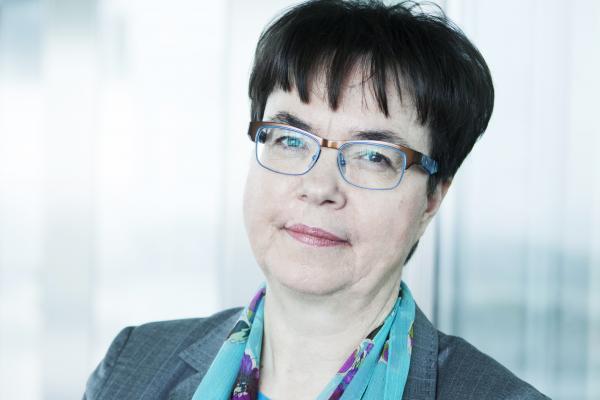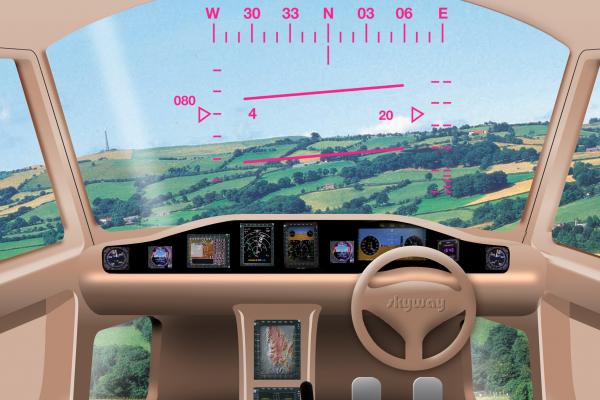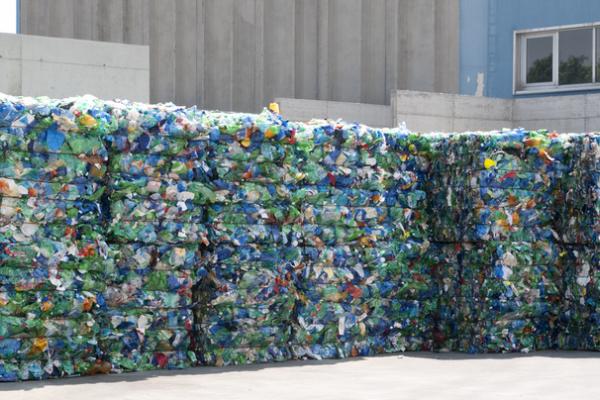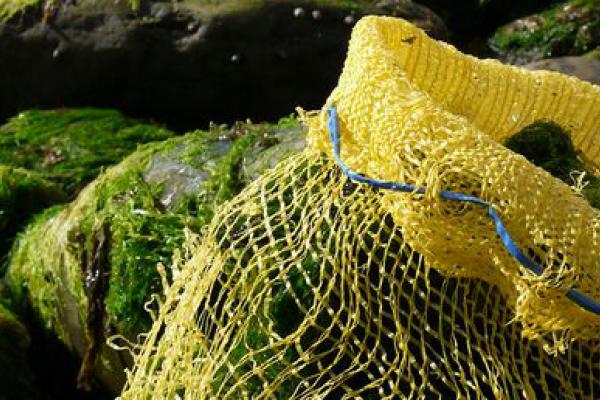European cities of the future should be greener, smarter and more inclusive, according to young Poles who shared their vision during the EU Youth Policy Dialogue in Warsaw.
Special series

Researchers on a mission
The EU is on a mission with researchers to protect our planet and society.
By helping researchers discover new ways to improve people’s lives, and to protect us from climate change and global health shocks, the EU is building a better future for all of us.
Most popular
-
1
-
2By Sofia Sanchez Manzanaro
-
3By Jonathan O’Callaghan
-
4By Gareth Willmer
-
5
Top videos
Cities of tomorrow: young Poles share vision for smarter, greener living
4 April 2025
Where curiosity meets innovation: EU science fair in Belgium dazzles young minds
28 March 2025
Past articles
Researchers are working on ways to make silicon-free solar cells that are more energy-efficient.
What pregnant women eat and the diet of their new-born babies could be the key to defeating the looming obesity epidemic – and may even make children smarter.
Computer-generated digital characters could help treat autism by teaching scientists more about the act of mimicry.
Belgian Professor François Englert and British Professor Peter Higgs received the Nobel Prize in Physics 2013 for their work that led to the idea of a mass-giving particle, almost fifty years after they first published their theories.
Europe’s new fleet of observation satellites will monitor the earth in real time, giving vital data on things like sea ice, pollution and crop maturity as part of the EU's earth monitoring programme that also includes sensors on the ground, at sea and in the air.
Ministers representing many of the world's main economic powers met on 6 September 2013 to show their support for one of the world’s most ambitious scientific experiments – a nuclear fusion reactor that will operate at temperatures ten times hotter than the core of the sun.
Sustainable buildings should be different depending on where they are in Europe - that's according to the developers of one of the world's greenest office buildings.
This issue of Horizon looks at the research and technology that is helping Europe generate more energy while emitting less greenhouse gas.
Scientists are more certain than ever that humans are the cause of global warming, the Intergovernmental Panel on Climate Change (IPCC) said in its most authoritative report to date, drawing on millions of scientific observations - many of which were gathered by scientists in Europe.
A German computer scientist has hit on a new way of modelling objects for films and video games that could create much richer images than current methods achieve, and cost less.
An 18-year-old who made a machine to multiply DNA in his bedroom won a top prize at Europe’s 25th young scientist award, and he plans to use the prize money to invest in his own laboratory.
Science graduates, museum staff and enthusiasts across Europe are sharing their passion for research by organising temporary exhibitions in shopping centres and parks to help inspire the next generation.
A transatlantic initiative hopes to encourage more people to buy electric cars by developing a universal plug that would drive down the cost and make charging as easy as filling up at a gas station.
Dr Anne Stenros, who chaired a group of experts that helped formulate the concept of the EU’s Capital of Innovation (iCapital) competition and is also Design Director at Finnish lift-maker KONE, believes the EUR 500 000 award can help stimulate 'grass roots’ innovation through things like 3D printing and high-tech design.
Lithuanian Laurynas Pliuškys hopes that the research he is doing could help find a cure for arthritis, and it’s thanks to Europe’s young scientist award that has been giving researchers the confidence to take up careers in science for a quarter of a century.
Commuters could be lifted out of the noise and pollution of Europe’s overcrowded cities thanks to a group of researchers who are laying down the groundwork for the development of a personal helicopter system as an alternative to land-based travel.
With more and more EU citizens living in cities, Horizon finds out how science has the potential to transform life in Europe’s crowded urban areas.
The downside of low-salt and low-fat foods is that they often don't taste as good as the unhealthy ones - until now.
Magnets and nano-sized magnetic particles could help to change the way plastics are sorted for recycling, saving billions of euros in raw material imports, and providing new tools to erode Europe’s mountains of discarded plastic.
Seaweed could become an important source of disease-fighting antioxidants, if EU scientists succeed in proving its benefits.

















